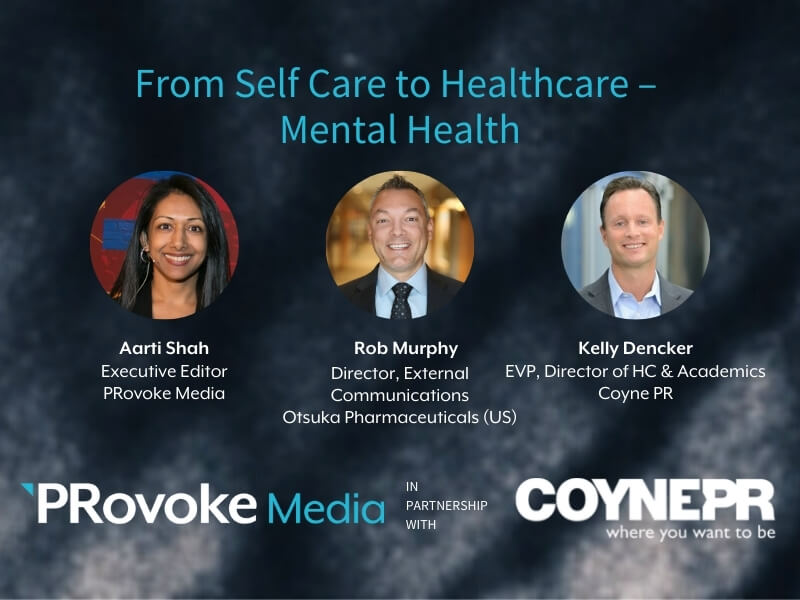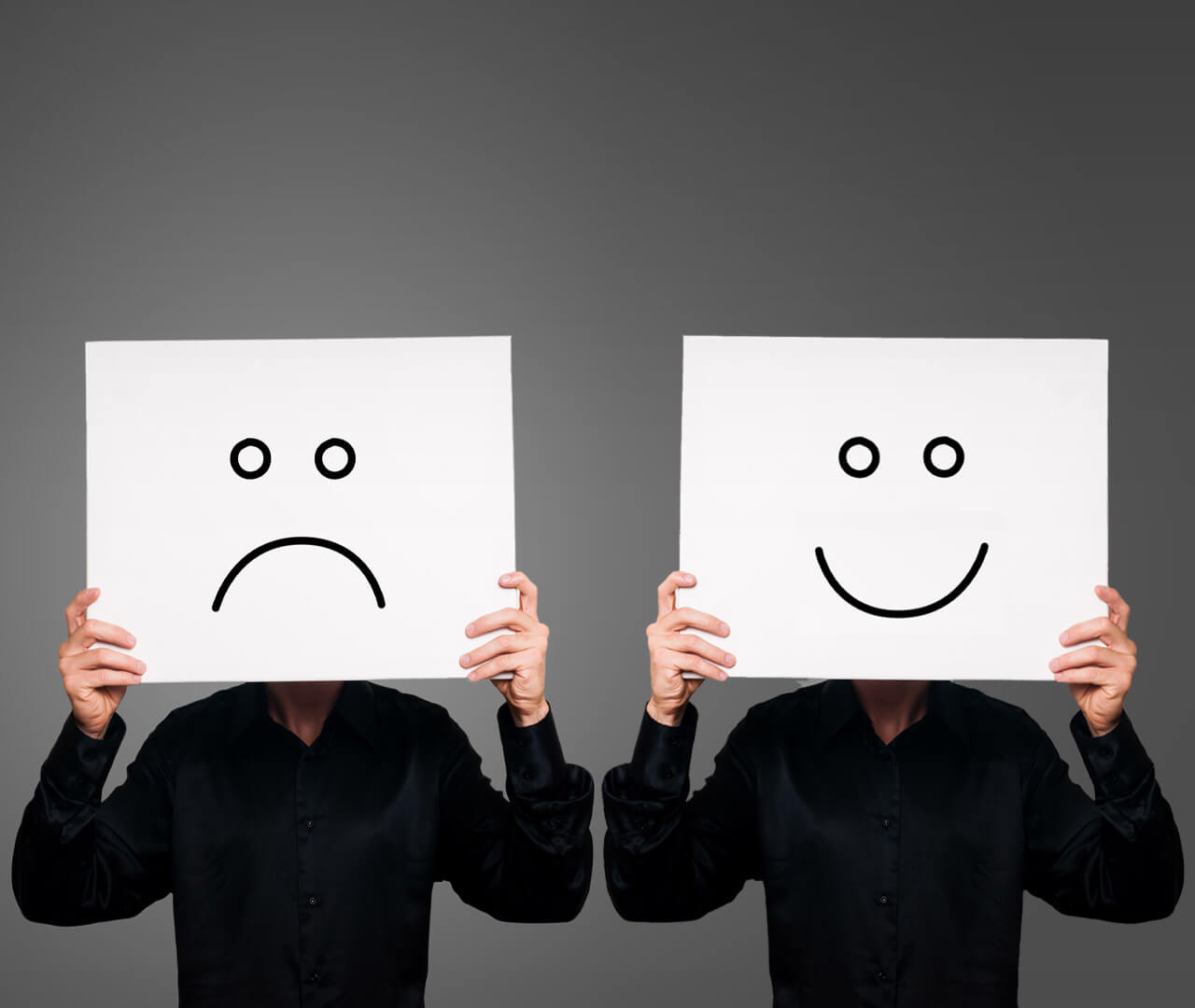If there was ever an urgent health issue that had the punch to share headlines and mindshare with the likes of COVID-19, it is the current waning state of mental health in America. Over the past year, we saw a significant surge in self-reported depression and anxiety – especially among younger people – as we grappled with issues like isolation and job security, in addition to COVID-related exposure fears and loss of life within our communities.
Poor mental health doesn’t just affect a person’s quality of life, it can also have a profound impact on the workplace. According to the National Alliance on Mental Health, $193 billion in earnings is lost each year because of mental illness. Unaddressed, mental health issues and stress can affect workplace performance and productivity, interpersonal engagement and collaboration, and an overall ability to function physically.
However, there was a silver lining from the past year that we can collectively nurture if we are to help turn this crisis into a better state of control – people were willing to talk openly about their mental health struggles, which experts say is an important step towards care.
World-class champions Simone Biles and Naomi Osaka sparked global conversations on mental health in recent months when they courageously spoke out about their personal struggles with anxiety. In fact, according to Axios, Simone’s comments drove a greater discussion on mental health than either Prince Harry and Meghan Markle, or Naomi Osaka’s withdrawal from the French Open. Her message was simple – “It’s ok to not be ok.”
Promoting Mental Health Wellness in the Workplace
Unlike other chronic illnesses like heart disease or diabetes, there is no “simple lab test” for mental illness, which makes education and conversation critical catalysts for dialogue, diagnosis and treatment. As October is National Depression and Mental Health Screening Month – there is no better time to explore and adopt year-round workplace strategies that can help combat stigma, promote awareness and provide resources for help.
Some simple, cost-effective considerations include:
Show that Mental Wellness Matters – Many companies offer workplace wellness programs, but few go deep on mental health alone. A number of organizations provide free tools and resources for use in the workplace. Of note, the American Psychiatric Association created the Center for Workplace Mental Health that aims to eliminate stigma, reduce barriers to care and raise broader mental health awareness through turn-key programs, toolkits, case studies, publications and more.
Suppress Stigma through Sensitivity – Stigma in mental health can be exacerbated by insensitive comments in the workplace. While passing comments like, “She can be so bipolar sometimes” or “He must be mental if he thinks that idea will work” may not be malicious, these words can be offensive to people managing a mental illness, or caring for someone who does. Companies should consider adding sensitivity training on the way we talk about mental health into all employee training programs.
Maintain Year-Round Mindshare – There are a number of annual observances that businesses can support each year, including World Bipolar Day (March 30th), Mental Health Awareness Month (May), World Schizophrenia Day (May 24th) and World Mental Health Day (October 10), to name a few. These and other observances can provide timely opportunities to bring in outside speakers, host an office-wide mental health fair, provide mental health days off or offer meditation events.
Amplify Access to the Experts – Many times, people with mental health issues are reluctant to seek help, or don’t know where to turn. In addition to highlighting a company’s own Employee Assistance Program, there are many excellent organizations that can provide direction, such as the National Alliance on Mental Illness or Mental Health America. In crisis situations, employees can call the National Suicide Prevention Lifeline at 1-800-273-TALK (8255), or text the Crisis Text Line (text HELLO to 741741).
Consider Content for Caregivers – According to the National Alliance on Mental Illness, as many as 8.4 million Americans are providing care to an adult with an emotional or mental health issue. The pressures of caring for and seeing a friend or loved one work through a serious mental illness can greatly affect a person’s own mental health. Therefore, it’s important to consider content and resources for caregivers (e.g., support groups, other resources) when developing programs and materials for your employees.
We are living in extraordinary and uncertain times. While we may feel powerless in preventing the surging needs for mental health care in America, we have a unique opportunity to make a difference in someone’s life by activating the credibility, influence and reach of our collective workplace communities to drive education.
It’s easy to do, often free of cost and can deliver priceless value to someone in need.
For more insight into this topic, please check out our recent podcast in partnership with PRovoke Media with our client, Otsuka Pharmaceuticals (US).

Learn more about our Healthcare PR experience.




